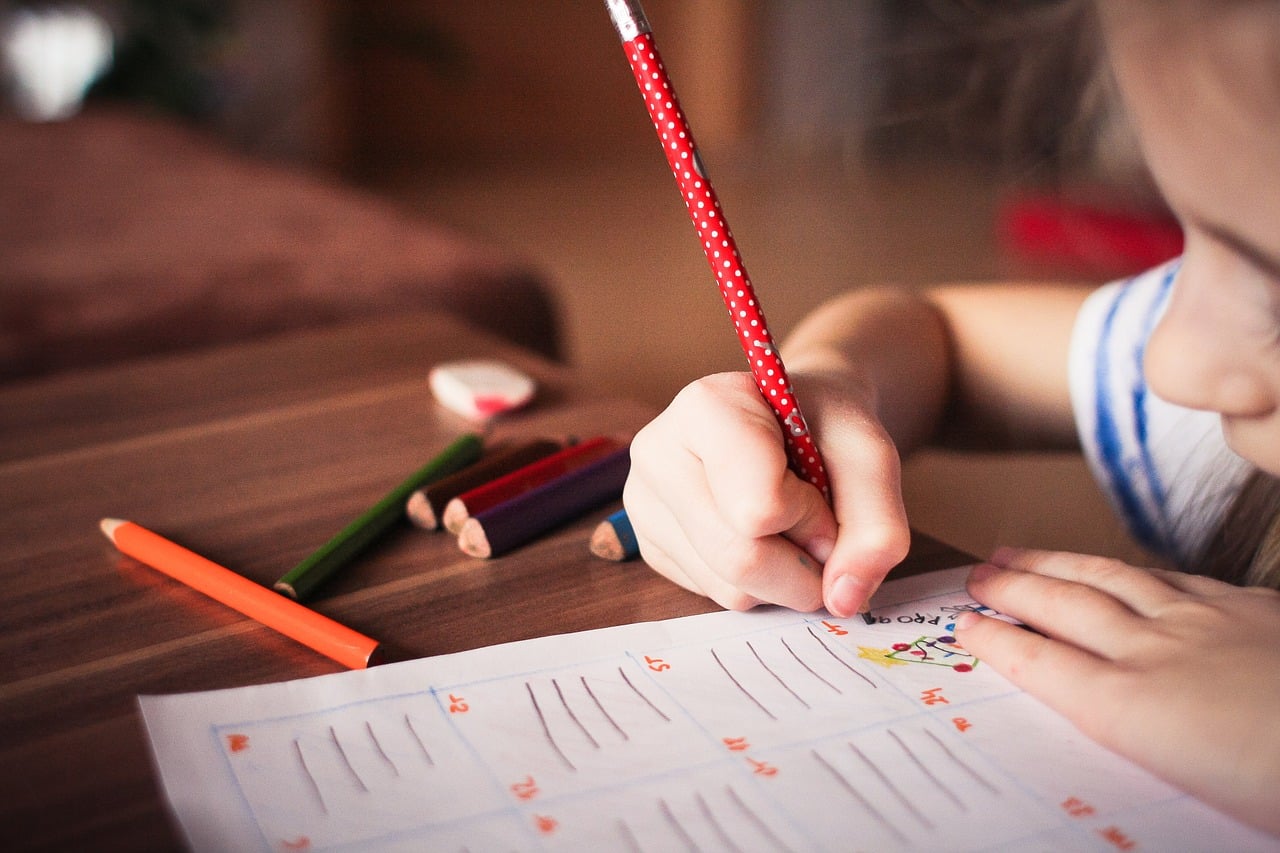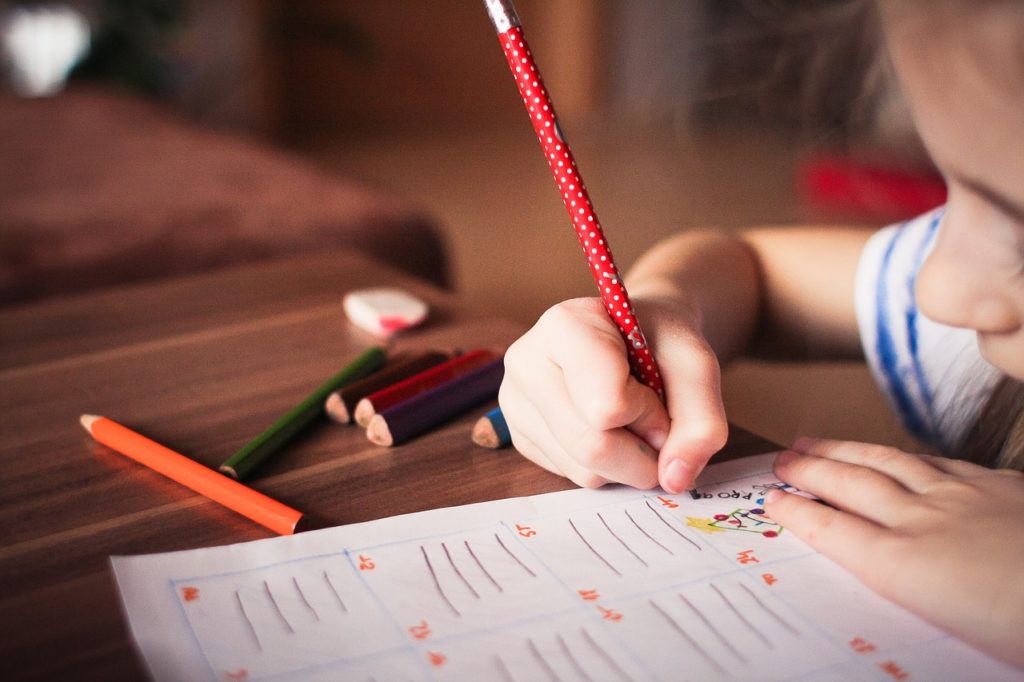
I’ve been thinking about things we could say to children to encourage a love of writing.
Lots of these ideas are drawn from my own experience as a teacher and as a child who loved writing, the books I’ve read and also from thinking back to when I was younger and how my teachers used to allowed us space and time to create, imagine and write.
I also kept a diary, which I wrote in every day, from the age of eight until I was eighteen, so the joy of diary writing has also influenced this list!
Of course, these ideas are only informal suggestions and should perhaps just form part of your everyday talk and chatter in the classroom or at home! If you have any ideas of your own, I’d love to hear them – just leave a comment!
I always feel very privileged when children share their writing in class, so this is also a ‘thank you’ to all those brave children who have sent their writing out into the world.
- I used to like writing film reviews in my diary. What do you enjoy writing about?
- Why are we writing this today? Who’s it for? Ourselves or an audience? How old are they? What’s the purpose of today’s writing? Are we trying to entertain, inform, instruct or evaluate?
- Well that’s writing too! Writing isn’t just about stories! Of course you can bring in your poem or comic or poster or presentation or leaflet or game manual or blog to show me!
- How would you write today if no one was watching and I wasn’t going to mark your writing? How would you write if you only had yourself to please?
- How do you feel when you first start to write? Excited? Nervous? Worried? Why?
- OK, here’s the start of a poem… Can you carry it on? Here’s the end of a story… What happened before?
- Sometimes I write in my diary at home to get things off my chest – why don’t you try that too? I used to draw and doodle in my diary too!
- I used to like writing a list of all the things I’d like from the Argos catalogue for Christmas! Have you written any lists recently? What about notes or birthday cards or warnings to stay out of your room? Look at all the writing you’ve been doing!
- I used to love it when my Nan and Grandad stayed with us and I’d write in my diary about what we got up to when they visited. I also used to write presentations about WSPA, which my teacher allowed me to read out to the class, in a bid to elicit their sympathy and get donations for my favourite animal charity! Is there something you love (or even hate) that you’d like to write about?
- Is there anything you’ve noticed on your way to school or in the playground we could write about?
- I once wrote about losing my hamster, Bubbles! Have you got a special memory you could write about?
- Shall we create a class book of all your poems and stories? You could read them during free reading time or we could read them at the end of the day!
- Shall we write and illustrate a picture book for the children in Year Two?
- You’ll never guess what’s happened in school today! We could write a piece about it for our school newspaper or magazine?
- It’s snowing outside! Shall we go outside and write about it? There’s a fox on the field! Come and look! Shall we write a poem about the fox? We could use that poem we looked at last week as a starting point!
- What would you like to write about? What’s important to you?
- Would your ideas work better as a comic book or non-chronological report? Or both? How would you like to present and record what you’ve learnt today?
- We could try and write together before you have a go on your own?
- Would you like me to model an example to you first? I thought I’d show you how to craft this type of text and then let you have a go.
- What special features and things are included in this piece of writing? Why? Which feature is the most important?
- Oohhhh! You know how this part in the story really frightened us and had us on the edge of our seats? Why was it so scary? Perhaps we could include something like that in OUR writing! Here, I’ll show you how!
- . I’m struggling a bit with my own writing today! Can anyone help me, and make some suggestions? I want to say something about… but I’m not sure how! What would you do? Perhaps we could write something together as a class?
- It’s fine if you’re not sure where you’re heading with an idea, write away!
- It’s fine to get lost in your writing and forget to check for full stops and capital letters! I often get my Mum to check for any errors after I’ve written something important! Could someone check your work for you?
- Why don’t you start by drawing what you want to write about?
- Would it help if you told me what you wanted to write and I wrote down your ideas? Or we could record you as you speak and then you could play it back and write it down?
- I wonder if acting it out first and trying some role play might help before you start writing?
- When my Nan died this year, my Mum asked us to speak at her funeral. I didn’t really know what to say or how to say it. So, I used a book called The House with Chicken Legs to help me structure what I wanted to say. You could always borrow some words or phrases or even sentences too from a book you’re reading at the moment and use them in your writing?
- How have the film maker and director made us feel here? How have they achieved that? What could we include in our writing to produce a similar effect or atmosphere?
- Would you like me to have a look through it or would you rather carry on now that you’re in the flow?
- Of course, you can come back at the end and check your spelling or you could use a dictionary or thesaurus as you write!
- It can be as messy as you like when you start! When I’m writing for work, I have a ‘messy’ notepad where I scribble down all my ideas, before typing them up on the computer!
- Just cross out your mistakes and carry on – don’t worry! It’s evidence to me that you’re reflecting, correcting and thinking as you write!
- Are there any parts that are proving difficult to write? Why? Do you need help? You could always leave a space and come back to that part?
- Well done for sticking with it – I know you found it tricky! What did you learn along the way?
- Do you want to talk with a partner about your writing or would you rather work quietly?
- Why don’t you go and chat to… I know they like writing about the same things as you!
- In my diary, when I was young, I used to write down and collect all the interesting words I discovered around me. Why don’t you do the same?
- Are there any words we could collect and use from signs, magazines, comics or newspaper clippings? We could put them up on our English Wall or in the Reading Corner!
- If you can’t spell it, why don’t you just have a go! Better to use adventurous vocabulary that might be spelt incorrectly than only the words you know how to spell!
- I might sit and have a go at writing too while you’re writing!
- How might some illustrations and colour bring your writing to life? What about sub-titles or a heading? What would they add to your work?
- How do the illustrations here add extra meaning to the writing? Perhaps you could illustrate your work in the same style?
- What does an illustrator do that a writer doesn’t?
- I wonder why you choose that particular word? What were you trying to get across? It made me feel…
- Who do you think will enjoy reading your piece of writing? Why?
- Yes, I’d love to hear you read it out loud! We could photocopy it too so you can read it to someone at home!
- It’s fine if you’d rather not read your work out to the class – it can be a bit daunting, can’t it? Would you like me read your work out instead? Or a partner or friend?
- Is there anything in your writing you’re really proud of?
- What would happen if we re-wrote this as a ghost story or fairytale instead? How would your writing and voice change?
- I love this part – you made me feel really excited about what might happen next because you didn’t reveal everything to me!
- Your puns and word play here really made me laugh! Go and see if you can read it to… and make them laugh too!
- How would the meaning of your sentence change if you replaced ‘X’ with ‘Y’?
- How does your writing sound when you read it out loud? Are there some parts that should be read slowly or quickly or loudly or quietly? Why?
- How would you describe your piece of writing? Funny? Sad? Exciting? If this piece of writing were a colour, what colour would it be and why?
- Can you show ME how to write a story as good as your one? What did you do? How did you start?
- Your writing reminds me of a story I read a while ago. Shall I see if I can find the book for you to read? You could compare your writing style to the author’s!
- Yes, I’d love to read what you’ve written about at home! It’s just as important as what you write about in school!
- Why don’t you stop for a bit and just plot, plan, devise, imagine and daydream? Something will come to you! It always does!
- Your writing is like a mirror – it shows me a part of who you are. It’s also like a doorway into another world, so thank you – I feel very lucky to have been invited in and privileged to share your writing with you.
Here are some ideas of things you could say to children to encourage a love of writing from some brilliant, inspiring children’s authors!
1. Carry a notepad. As an author you’re like a detective so watch the world fiercely for the things other people miss.
2. Let yourself daydream; that’s how some of the best stories start.
3. Never give up. I had 96 rejections from literary agents before I secured my first book deal ~ Abi Elphinstone, author of Sky Song
Here is an excerpt from my first book, Birds, Birds, Birds. This book is jammed full of birds and epic spelling mistakes (even though I was copying lots of it). As you can see I also went under a slightly different name -eek, my secrets out! ~ Emer Stamp, author of The (big, fat, totally bonkers) Diary of Pig
This slideshow requires JavaScript.
I remember thinking the first time I was published, whatever happens now a little bit of me will always be there, a kind of immortality. Words I thought sitting in the sun years ago ~ Sue Hardy-Dawson, poet and author of Where Zebras Go
Know that the writing you do is for YOU. That way you think of yourself as a writer ~ Linda Newbery, author of LOB
Nobody is going to judge your writing. You can write about anything you want to and it doesn’t have to be perfect. You can cross out, add in, start again – do what makes you happy ~ Jasbinder Bilan, author of Asha And The Spirit Bird
Writing is the best kind of magic – you’re using your bright and brilliant brain to make something new, something which didn’t exist before you thought of it. How amazing! And there’s no right or wrong when you’re writing; if it’s bringing you joy, that’s all that matters ~ Sinead O’Hart, author of The Star-Spun Web
1) There are many ways to be a writer! Theatre reviewer, Food writer, Computer Game Builder, Author, Poet!
2) Writers learn rules & break them.
3) You can write anywhere in a cafe, a plane, a train, park or playground ~ Joseph Coelho, poet and author of A Year of Nature Poems
Write your own stuff. It’s cheaper than buying books ~ Chris White, illustrator and author of Don’t Put Dave in the Microwave
We had this SUPER cool American substitute teacher in year 10, who had a real passion for literature. She asked us to write our own poem based on one of our favourite childhood stories, so I wrote a badass poem about the three little pigs. It’s where it all started! ~ Bethan Woollvin, illustrator and author of Little Red
Someone once said to me that writing a story is like casting a spell. The ingredients are characters, mixed up in plot; the outcome can bewitch readers and even change lives. So come on, get your pens/wands and cast a spell of your own. You can even turn enemies into toads… ~ Michelle Harrison, author of A Pinch of Magic
One thing that inspired me was a school newspaper, also writing a school play. The best thing is writing about something you really love, and feel excited about. Whether it’s dinosaurs or dancing, share your passions! ~ James Mayhew, illustrator and author of Katie and the Starry Night
One of the best things about experimenting with writing is that it encourages our imaginations to run free, and dreaming will always be the key to making our world a better place ~ Juliette Forrest author of The True Colours of Coral Glen
Let your imagination take your pen for a walk and see where they both end up ~ Neal Zetter, poet and author of Invasion of the Supervillians
Read! Read and read and read some more! And that means anything and everything, including books with no words in, books you wouldn’t think you’d like (this is where libraries are brilliant), non-fiction books, poetry, everything. All writers I know are also voracious readers ~ Jackie Marchant, author of the Dougal Daley series
Keep a writing journal and collect pictures that could become parts of stories, draw maps, experiment and have fun! ~ Vashti Hardy, author of Brightstorm
Do you like stringing words together to find out what they look like and what they sound like? Do you have rhythms dancing in your head as you drift through the day? Do people tell you that you’re a dreamer? Maybe you’re already a writer ~ Brian Moses, poet and author of Dreamer and Python
You encounter 100s of possible story ideas every day. You must keep your eyes, ears and net open to catch them. By asking the simple ‘WHAT IF?’ question, simple things like a bird carrying a twig or a lost football boot or a stray horse can be turned into a wonderful story ~ Kieran Fanning, author of The Black Lotus
Writing is an amazing way to explore absolutely anything, from a tiny feeling you’re trying to understand, to the biggest, wildest most cosmic silliness of your imagination. Write about whatever excites or interests you, and your passion and personality will shine off the page! ~ Darren Simpson, author of Scavengers



3 responses
It is always great to have a list to kick start!
What a lot of wonderful suggestions. I always enjoy writing with children. I always enjoy writing. ?